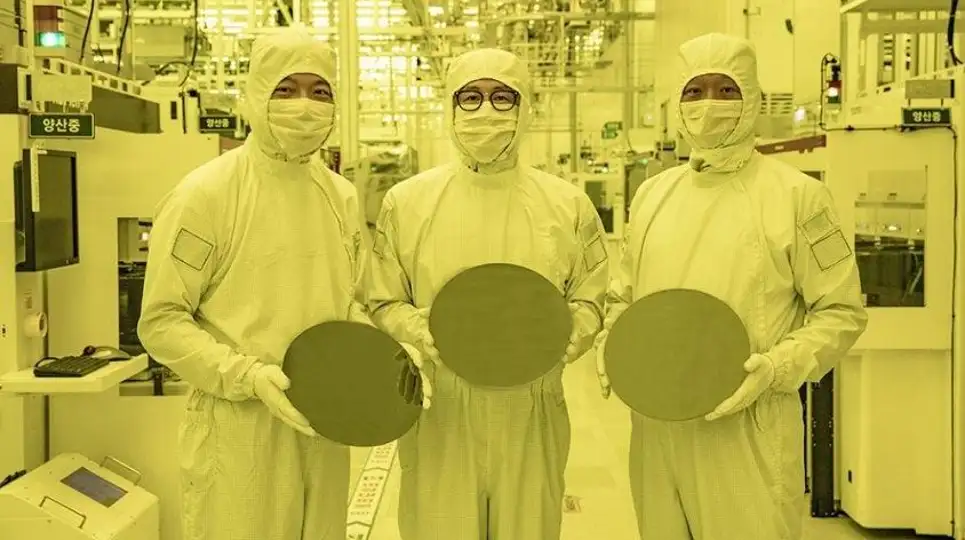Samsung has crossed the 3nm end goal in front of TSMC, beating the Apple provider to the creation of 3-nanometer chips. In doing as such, Samsung is currently poised to deliver the most progressive chips on the planet. As indicated by Samsung, the new creation process is 45% more power productive and conveys 23% preferable execution over the past 5nm interaction.
These increases are accomplished utilizing an interaction called Gate-All-Around semiconductor design (GAA FET), a report on FinFET, on a surface that has a 16% more modest surface region than previously. Samsung said the interaction would be utilized for “superior execution, low power registering” with versatile processors coming later, and that a second-age 3nm cycle will decrease power utilization by half and further develop execution by 30% on a 35% diminished region.

Being quick to enter the market exhibits Samsung’s situation as a state of the art chip maker. In any case, the Korean tech goliath has a drawn out, difficult experience ahead to show what itself can do against TSMC, the Taiwanese chipmaker that overwhelms piece of the pie and fabricates the chips for Apple’s iPhones, iPads, MacBooks, and Macs, in addition to provisions wafers to fabless semiconductor organizations like Nvidia and AMD. TSMC right now represents the greater part of the worldwide foundry business by income, Bloomberg reports.
“We will proceed with dynamic advancement in aggressive innovation improvement and assemble processes that help facilitate accomplishing development of innovation,” said Siyoung Choi, president and top of Samsung’s foundry business.
While a significant achievement for Samsung, the creation of 3nm chips probably will not an affect TSMC in the following a year, Bloomberg contends. The Galaxy cell phone creator will initially have to show the way that it can deliver with similar expense proficiency as its adversary before organizations come requiring its chips.
Samsung and TSMC are at present seeking long term manages Apple and Qualcomm, two uber tech firms anticipating large scale manufacturing of 3nm chips that could work on the exhibition of existing items while empowering new innovations. Samsung will make these chips in South Korea at its Hwaseong offices prior to extending to Pyeongtaek. The organization is presently constructing a plant in Texas where it could spend more than $10 billion to create 3nm chips.
Accomplishing 3nm is a little triumph, yet with TSMC probably set to begin high-volume creation of 2nm innovation in 2025, with chips coming in 2026, Samsung should keep its foot on the pedal to get any opportunity of overwhelming its fiercest rival.

